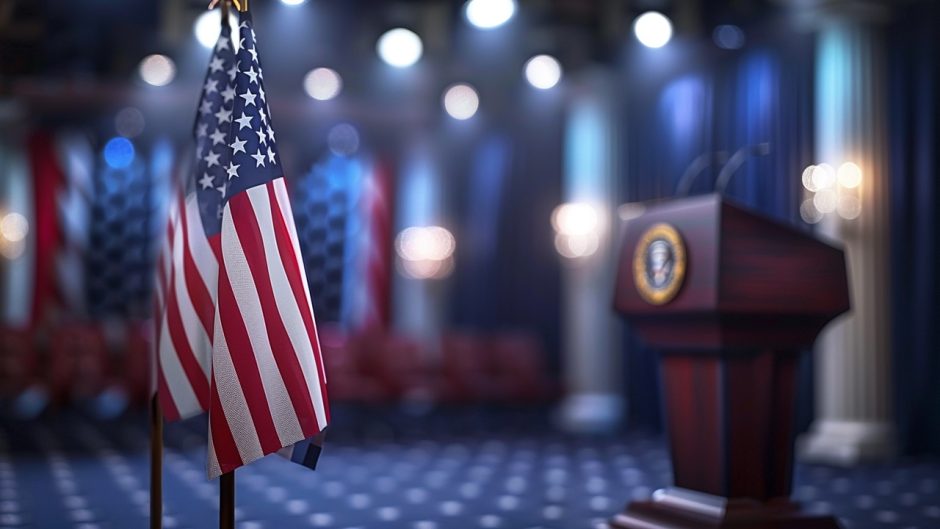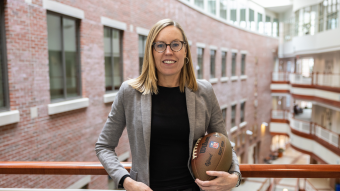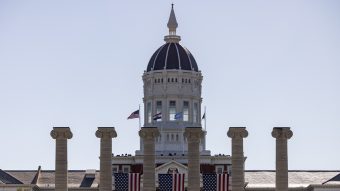By Eric Stann


Sept. 4, 2024
Contact: Eric Stann, 573-882-3346, StannE@missouri.edu
Next week, millions of Americans will tune in to the presidential debate between Kamala Harris and Donald Trump. Ben Warner, director of the University of Missouri’s Political Communication Institute, will be closely watching how the candidates try to get their messages across and connect with voters.
Here, Warner shares four things you need to know before watching the Sept. 10 debate.
1. Presidential debates do make a difference.
Other than the Super Bowl, few, if any, other televised events draw a larger TV audience than presidential debates. Voters can learn a lot about the candidates during a debate, and they often end up feeling better informed afterward. This is called political information efficacy – how sure people feel that they have enough information to get involved in politics.
2. Debates can ignite enthusiasm without changing votes.
Debates are a major opportunity for candidates to boost enthusiasm of their followers. While debates don’t always change who people will vote for, they can get supporters more excited about their candidate. This excitement often leads them to volunteer or vote.
3. Candidates can improve their standing with the opposition.
Even if they don’t always change who people vote for, debates can have a social impact, especially on political divides (otherwise known as polarization). Candidates can either rally their own supporters or stir up the opposition, making these divides grow. Pay close attention to how supporters and opponents react to the candidates’ statements during the debate.
4. Historically, debates make a difference in tight races.
In a close election, anything can make a difference. This is especially true in elections where one candidate is not as well known or has major questions about them. This year, it looks to be another close election, with many voters saying they need to know more about Harris. On Sept. 10, Harris has more to gain or lose because many voters don’t know her as well as Trump.
Editor’s note
View Warner's bio here. To arrange a media interview with Warner, please contact Eric Stann at 573-882-3346 or StannE@missouri.edu.



